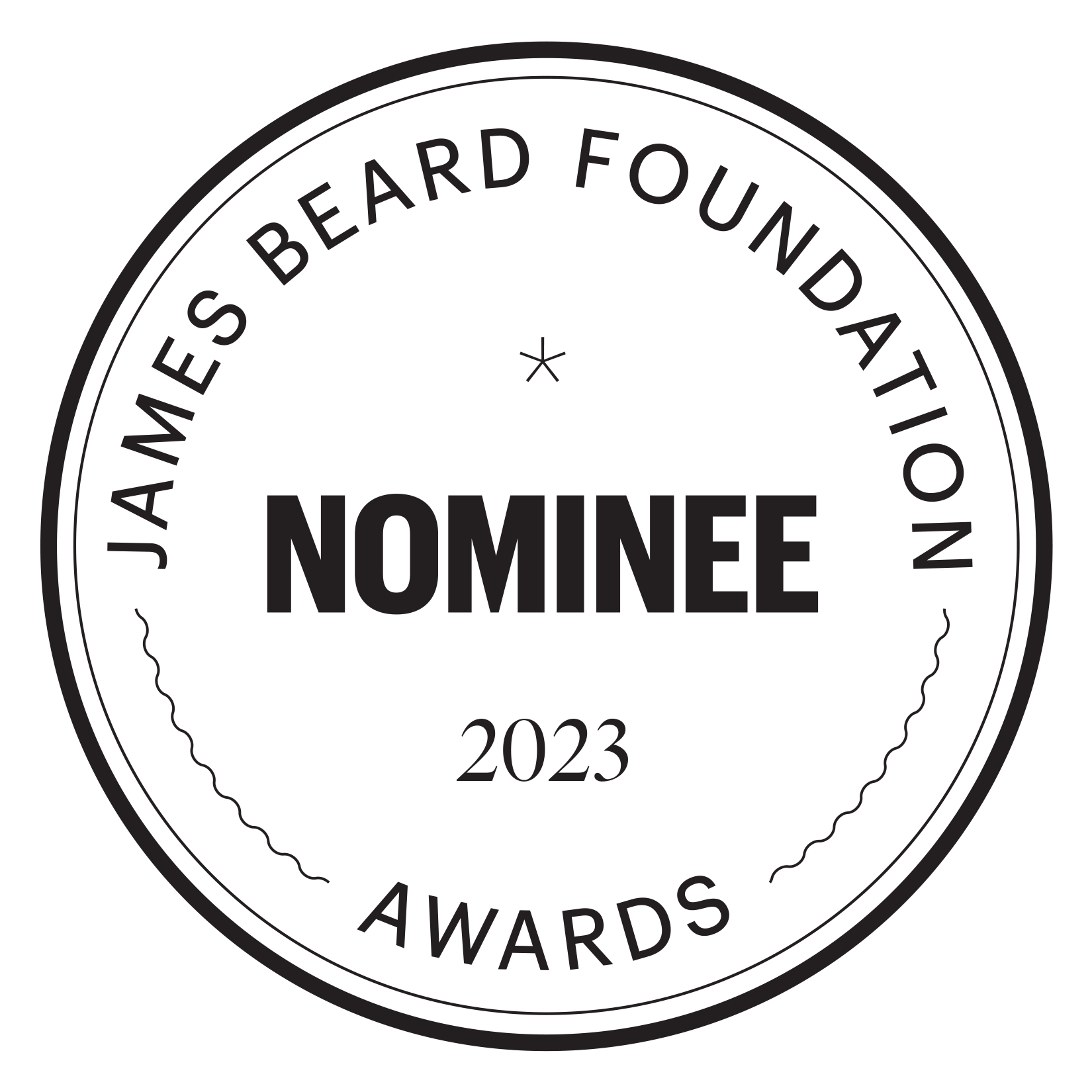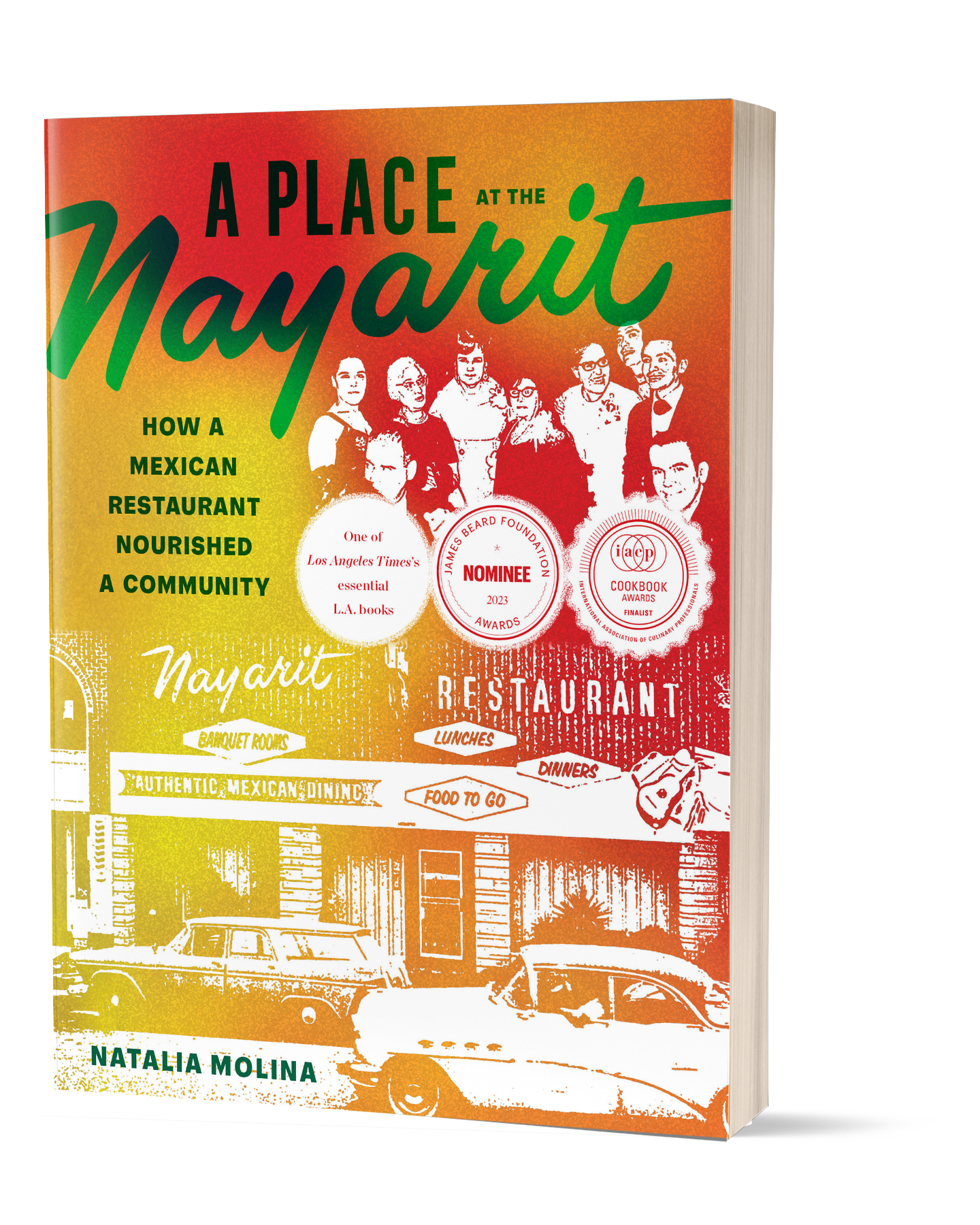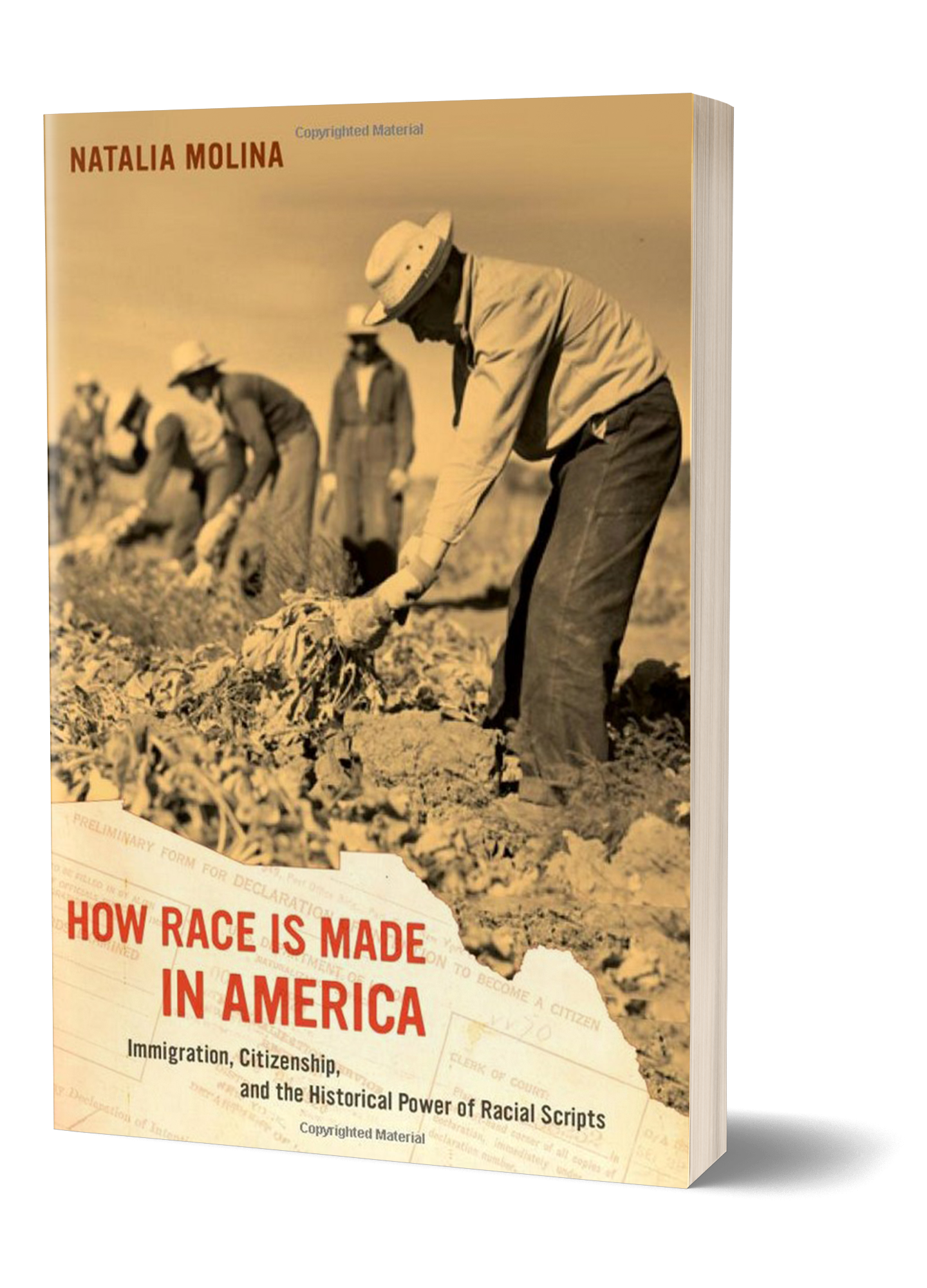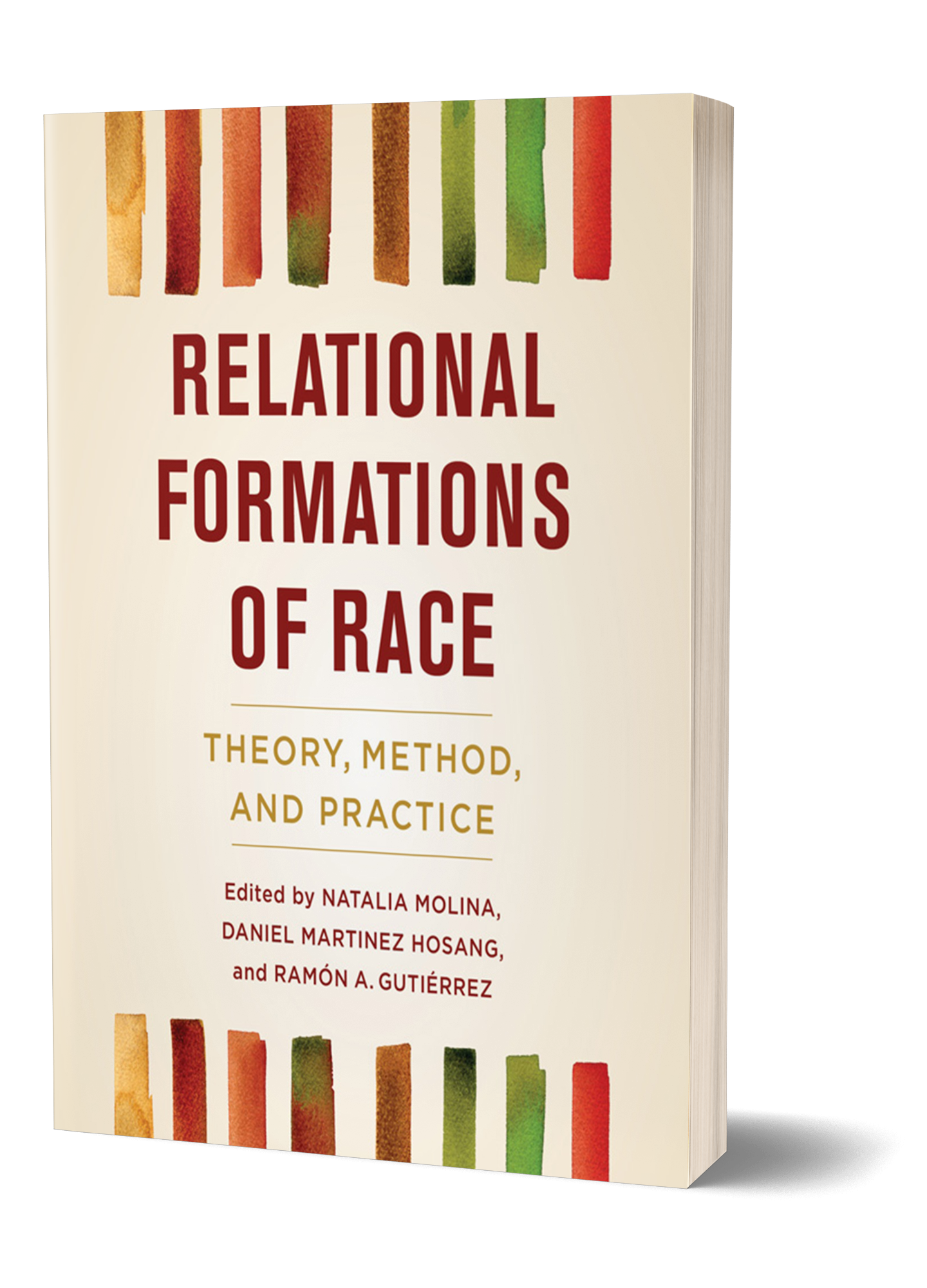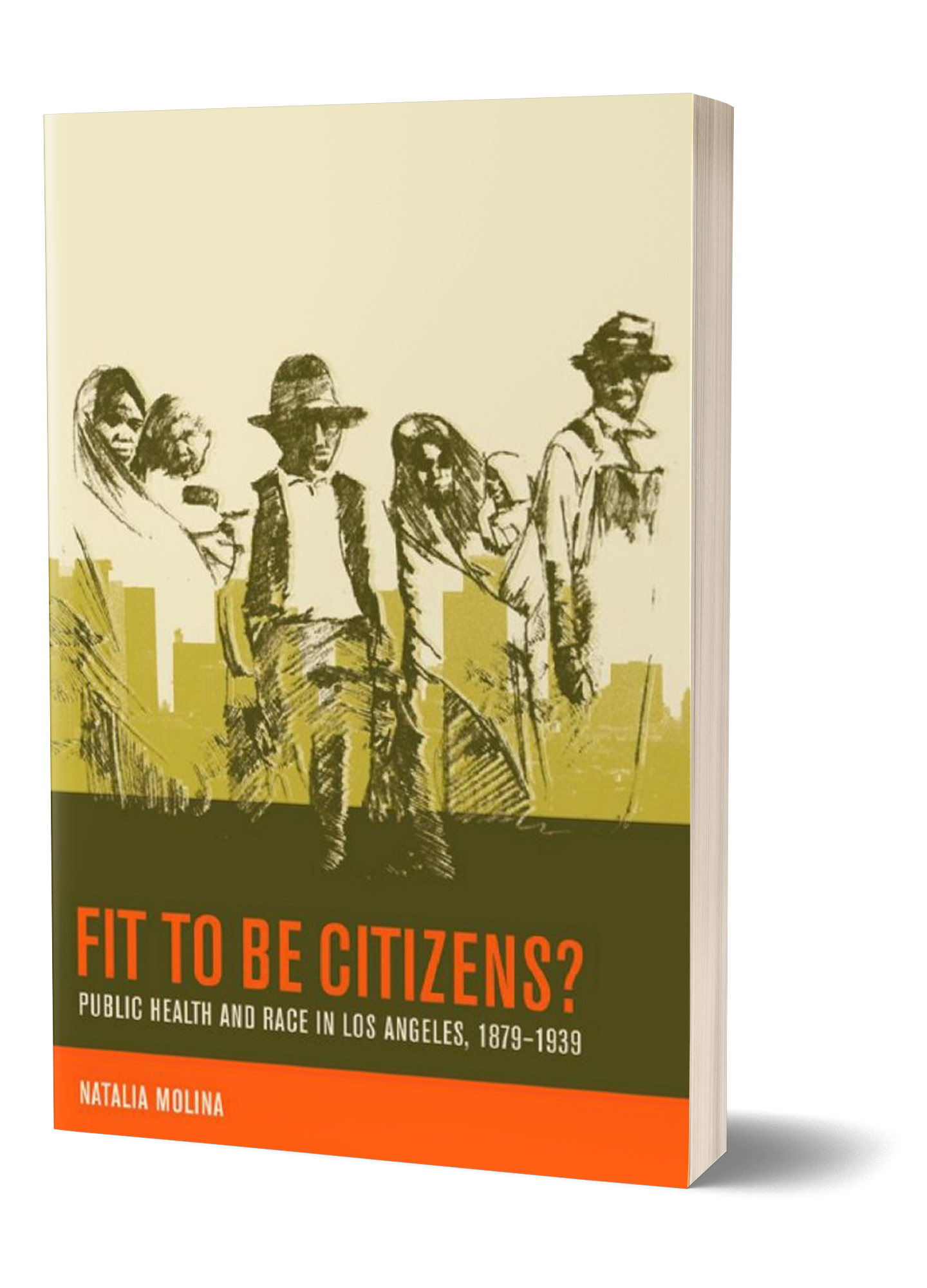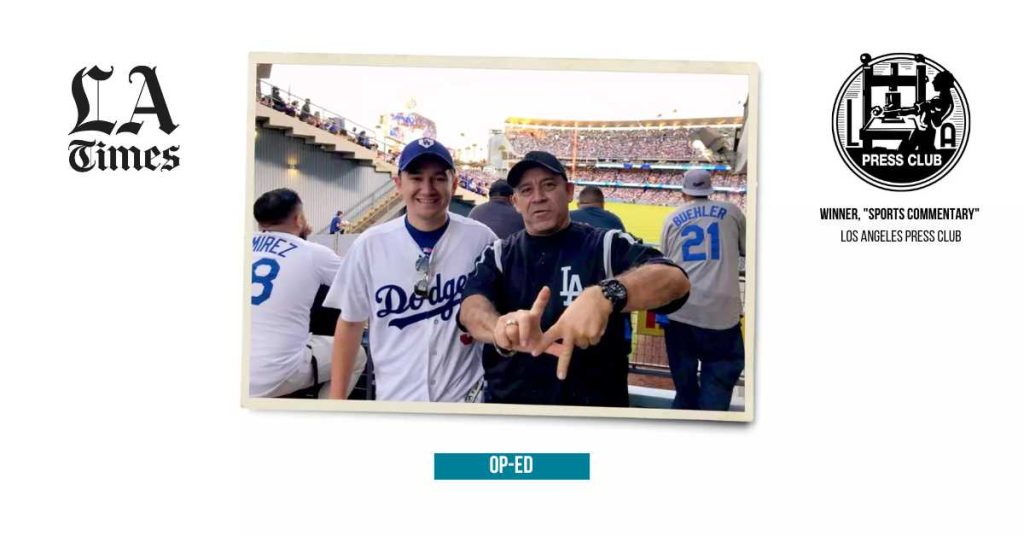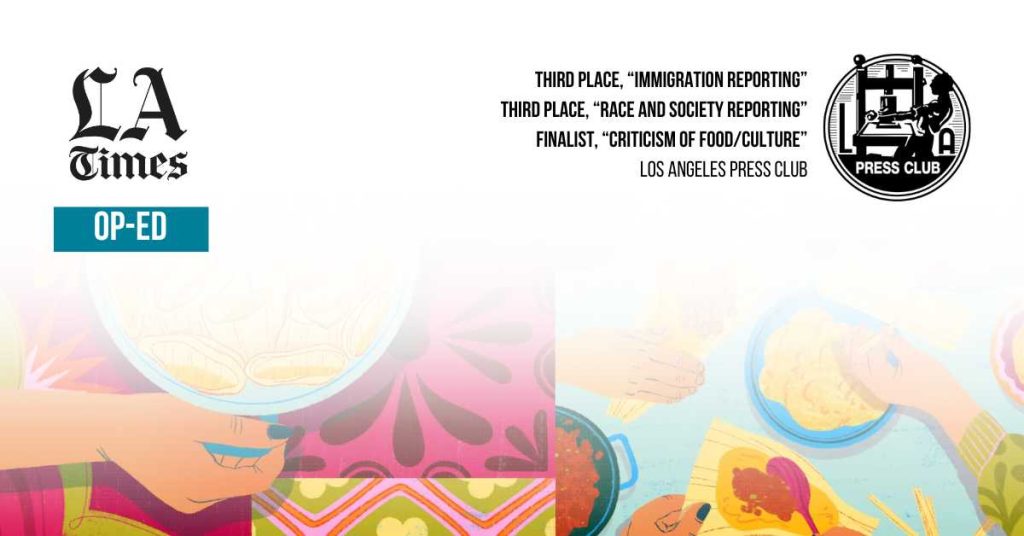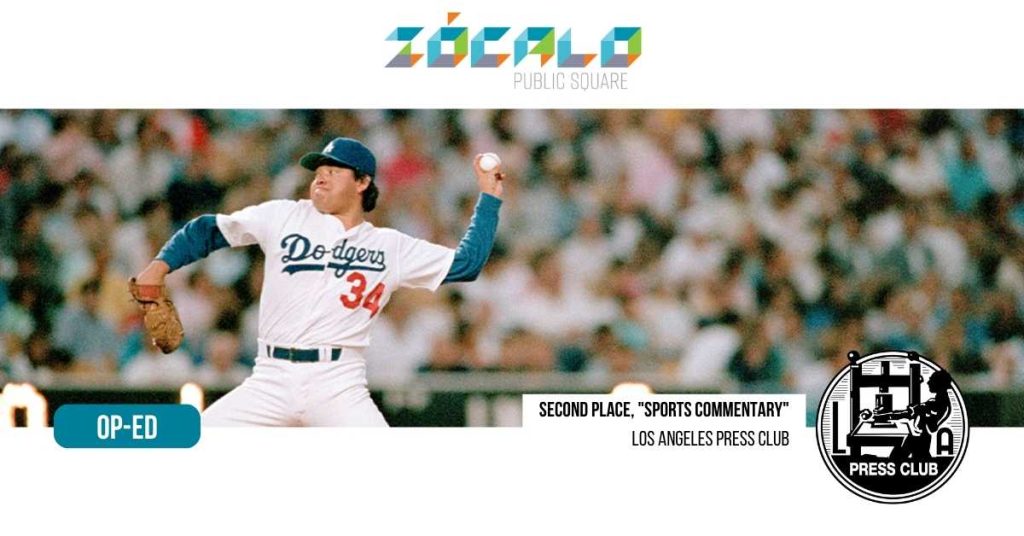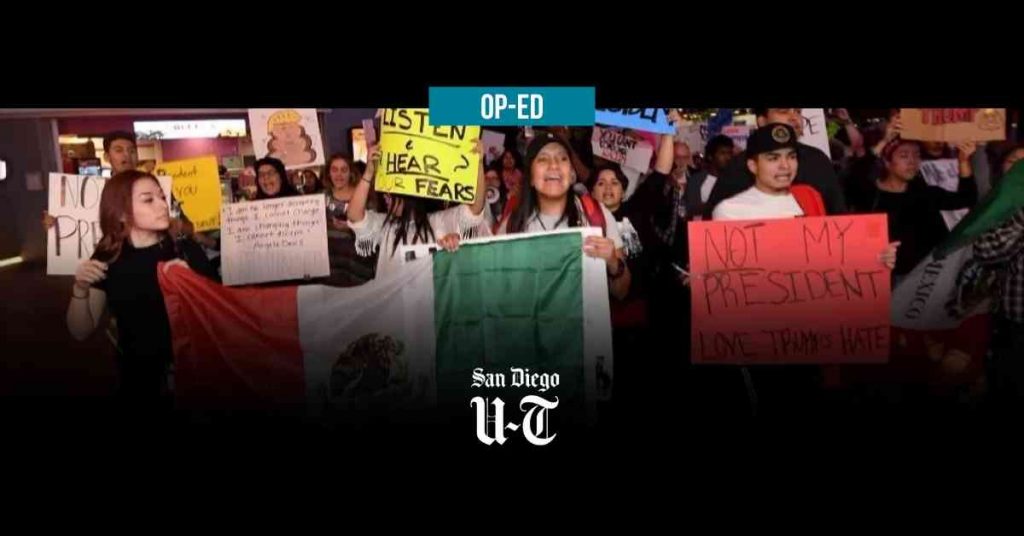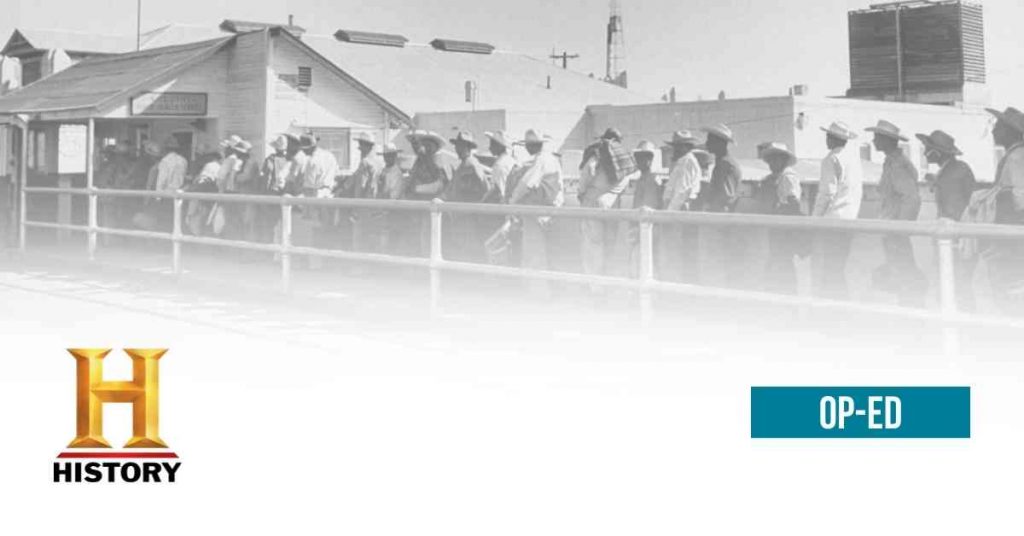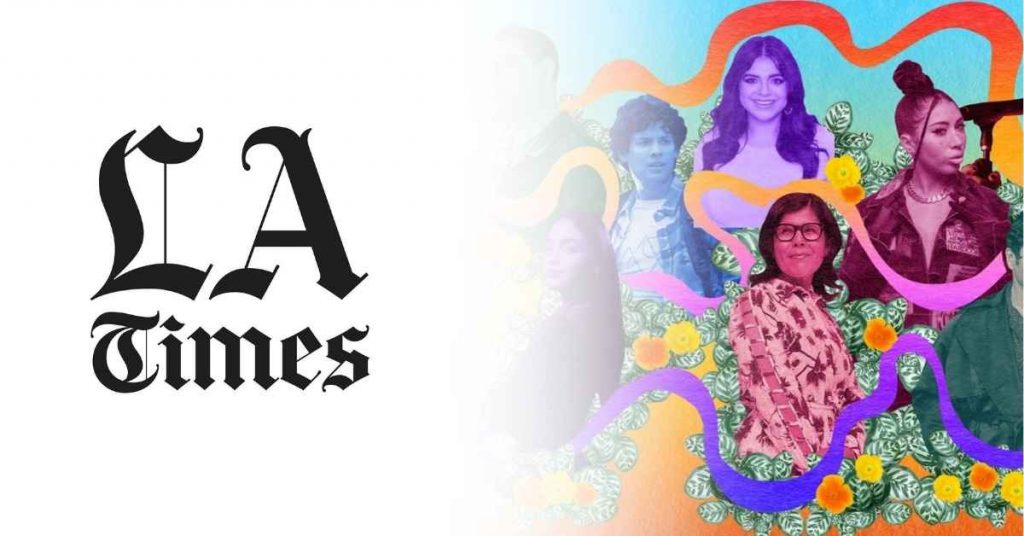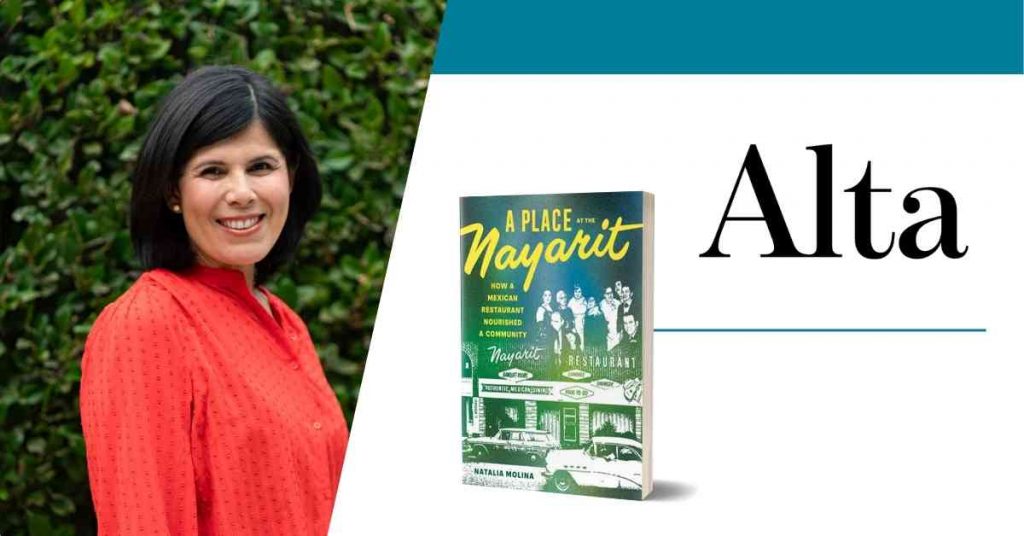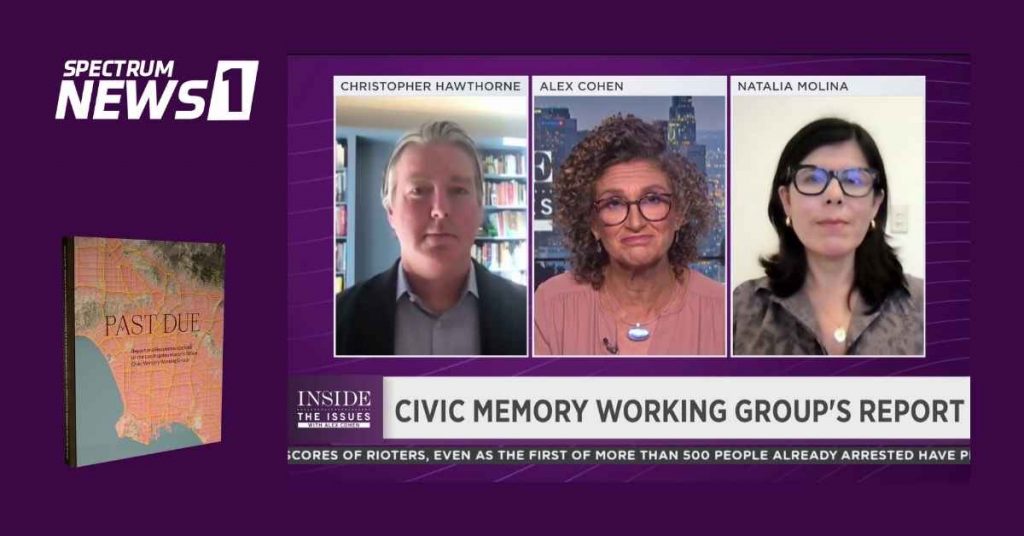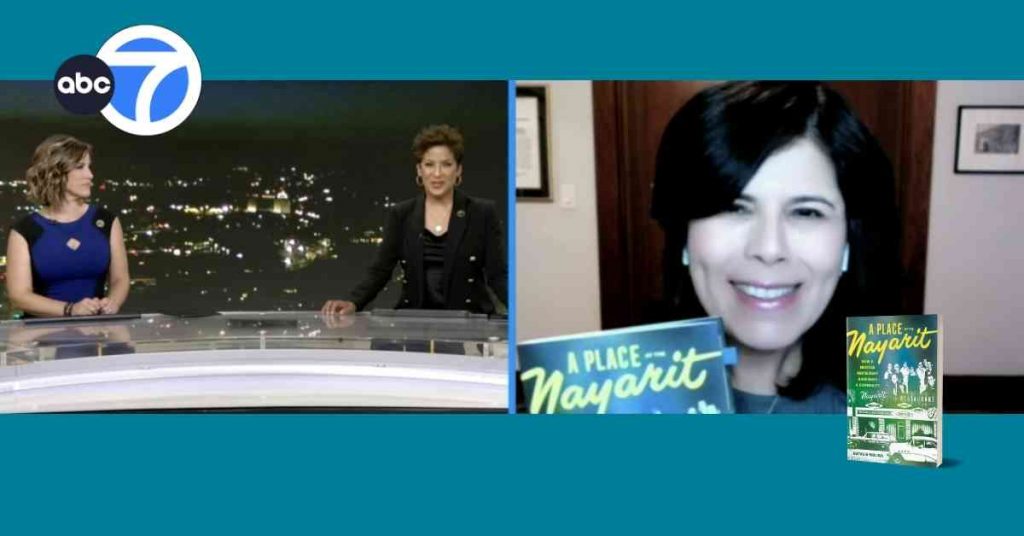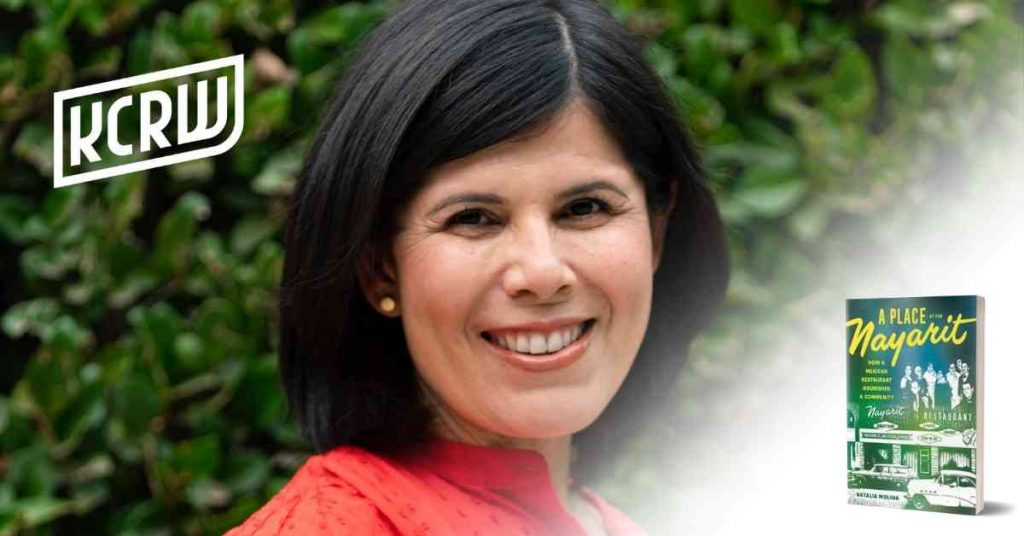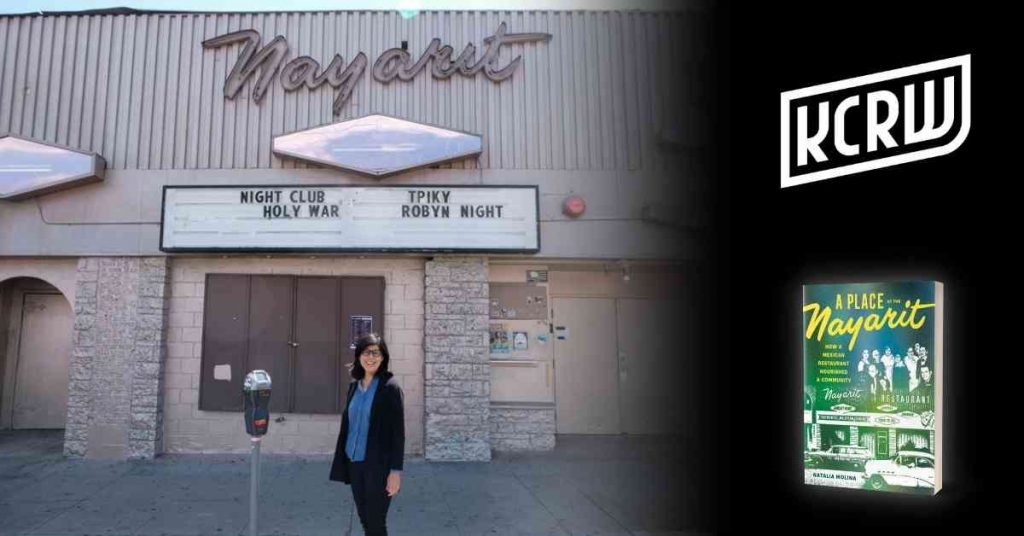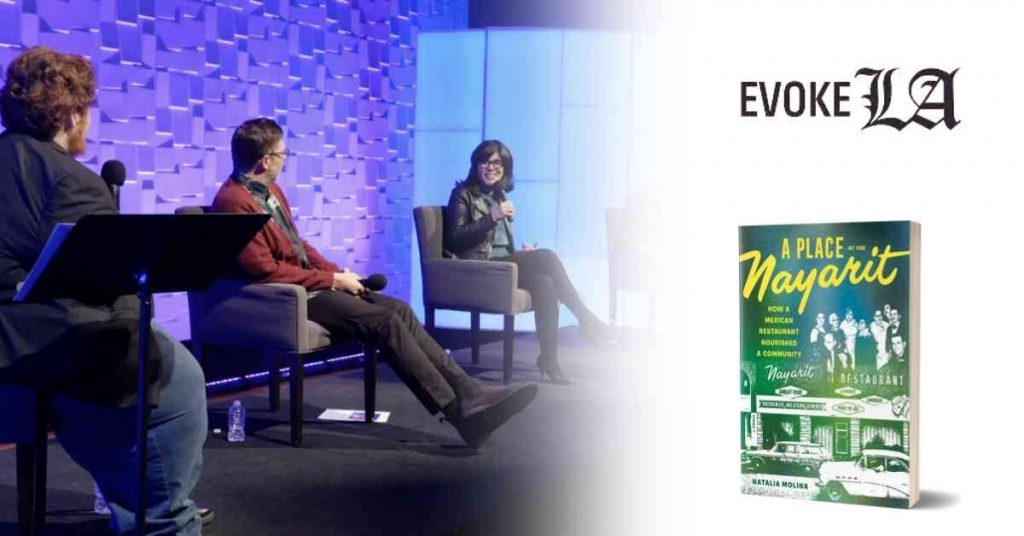Natalia Molina is a Distinguished Professor and Dean’s Professor of American Studies and Ethnicity at the University of Southern California. She is the Vice President and President-Elect (2028) of the Organization of American Historians (OAH), the largest scholarly organization focused on U.S. history with over 6,000 members. Her influential research examines the interconnected histories of race, place, gender, culture, and citizenship. An award-winning author, teacher, and mentor, she has written three acclaimed books: How Race Is Made in America: Immigration, Citizenship, and the Historical Power of Racial Scripts; Fit to Be Citizens?: Public Health and Race in Los Angeles, 1879-1940; and, most recently, A Place at the Nayarit: How a Mexican Restaurant Nourished a Community. The Los Angeles Times called A Place at the Nayarit an “essential Los Angeles book.” It was a finalist for a James Beard Award and received 14 awards and honorable mentions from various organizations. The book chronicles the lives of immigrant workers, including Molina’s grandmother, who became placemakers, nurturing and feeding their communities at restaurants that served as urban anchors.
Professor Molina is currently working on a new book, The Silent Hands that Shaped the Huntington Library: A History of Its Immigrant Workers. Recognized as a USC 2023 Communicator of the Year, she has written for the LA Times, Washington Post, San Diego Union-Tribune, and elsewhere. In 2020, she was named a MacArthur Fellow.
